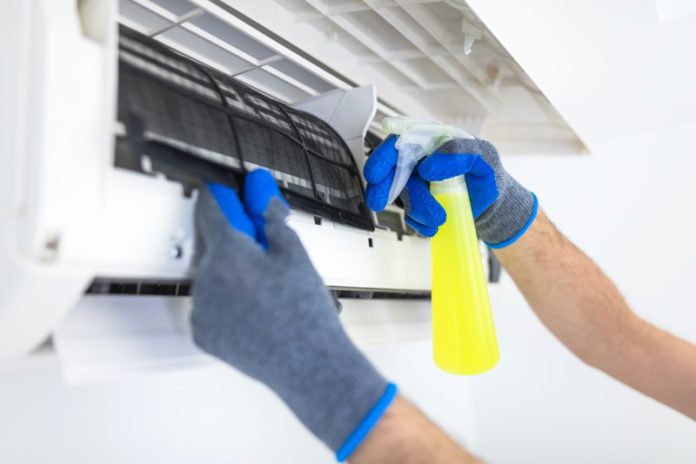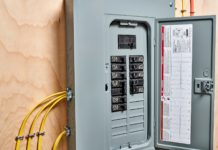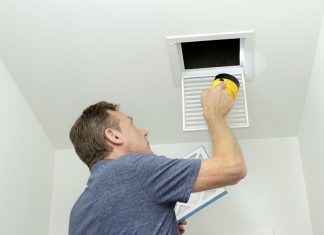Air conditioning (AC) problems affect the performance of your unit; thus, it won’t deliver optimal performance when you don’t maintain it. This will result in an uncomfortable home without a properly maintained temperature, especially during the scorching summer months. You can avoid common AC problems by doing the following:
1. Get Regular Unit Checkups
A regular unit checkup is essential because it allows you to discover minor air conditioning problems that may worsen when left unchecked. It’s a proactive approach that can keep your AC working properly. You can schedule yearly maintenance for an overall checkup, but you should also refer to your unit’s manual for monthly and quarterly maintenance.
2. Keep The Condenser Unobstructed
The condensing unit is usually outdoors and contains the condensing coils, fan, and compressor. The heat rejected from your home when cooling the latter blows the fan over the condensing coils. To keep it optimal, ensure that the surrounding condenser and fan have no obstructions.
Clean its surroundings regularly as unwanted materials, plastic bags, and dried leaves may go into the condenser, blocking its airflow. If these are stuck in the coils, use a brush to remove them so the condenser can blow the air freely. Although you may want to cover up the unit to protect them from harsh elements, you don’t have to. AC units are made to stand extreme weather conditions, especially the ones that conform to safety standards.
Likewise, you should turn off the power supply before cleaning the condenser.
3. Check The Thermostat
The thermostat is responsible for providing ideal cooling results, so you must ensure that it’s working as it should. It’s also best if you upgrade a mechanical thermostat into a programmable one because the latter is more efficient in cooling spaces through its smart features. This means you can set the temperature based on your routine.
For instance, you get to start cooling your home half an hour before you arrive, or set it to turn off after some time automatically. With such, you no longer have to adjust it now and then, as it will follow the scheduled temperatures.
You can also use gadgets like smartphones to control the cooling and heating of your property. This allows you to access your thermostat while you’re away from home. So, in case you forgot to turn it off, you can remotely access it via your phone. Doing this can prevent your unit from being overused when no one is home.
5. Replace The Air Filters
Another essential maintenance task to keep your unit efficient is cleaning or replacing its air filters. You can replace it once a month or more often, depending on how much you’re using the unit. Some units require cleaning only, so you don’t have to keep on buying filters.
You can ask nearby technicians if you’re unsure what your unit’s filter is. They can recommend the most suitable filter based on your unit and filter size. They can also clean or replace the filter for you.
6. Check Installation
An AC unit is expected to create plenty of noise, including the compressor’s cycling and the fan’s whirring. However, an AC that isn’t installed correctly can also make a vibrating noise.
You can review the installation instructions online or check the unit’s manual to identify if you have missed some steps. It’s also best to check if the unit is securely situated on the window or mounted tightly on the wall.
7. Clean The Fins
The fins of the unit can accumulate dirt as time goes by. You can clean it using a powerful vacuum brush attachment to scratch off all outside dirt. You can also remove debris or built-up dirt from the inside out by spraying through the fins using a hose. Don’t use a pressure washer, though, as this might damage the fins, leading to costly repairs. You might also opt for a commercially available fin cleaning spray that allows you to clean the fins easily.
Conclusion
Your AC unit can last for years if you take good care of it. This means fewer expenses on repairs or buying a new unit because you can minimize or avoid AC problems. You don’t have to clean it daily, but ensuring that you set a schedule for checking and cleaning the unit is an effective way to prolong its life span. Furthermore, hire a professional AC technician to conduct a yearly maintenance checkup as they can also recommend tips on how you should care for your unit.














